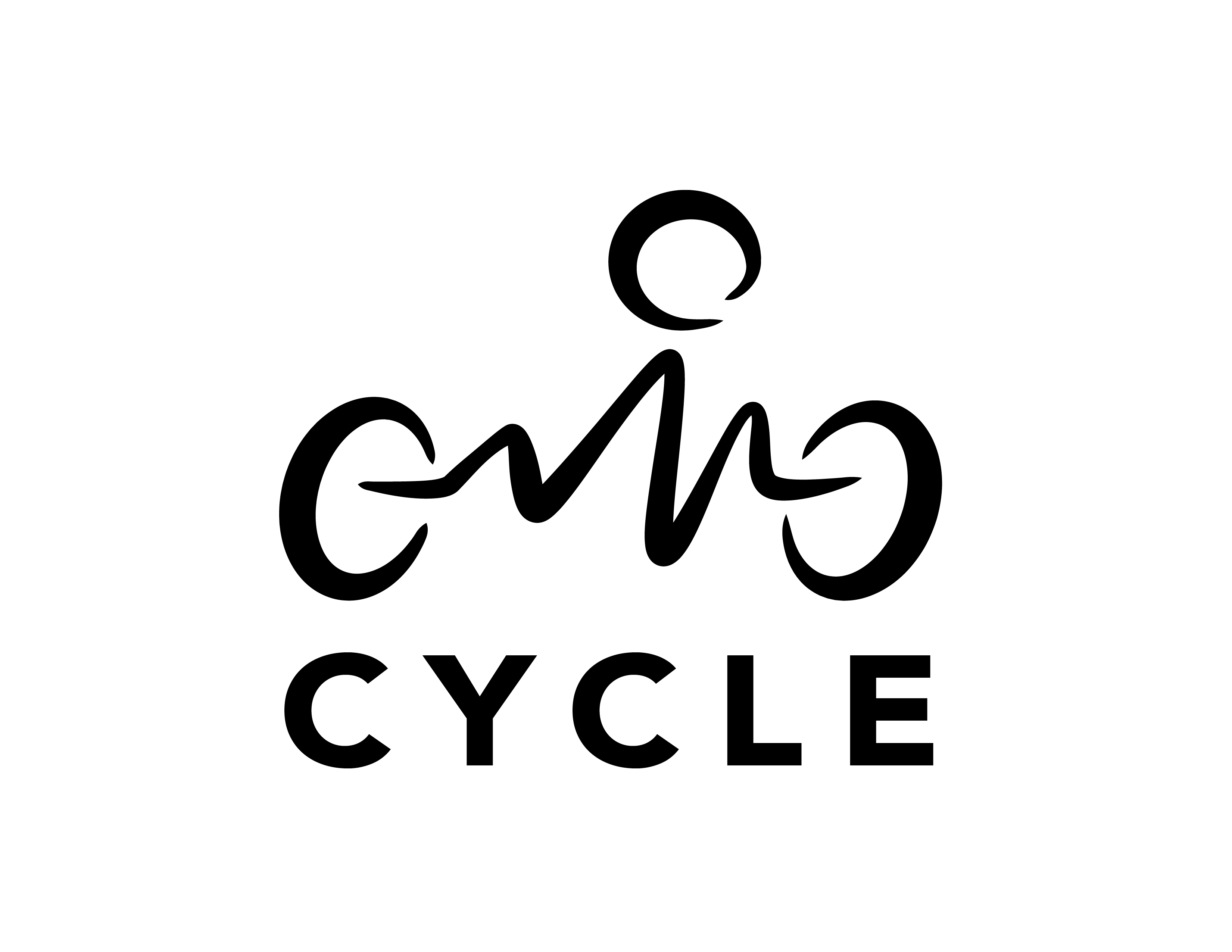CYCLE RCT
Abstract
Background: Critically ill patients in the intensive care unit (ICU) are the sickest patients in hospital, and need advanced life support. People who survive their critical illness are typically very weak and disabled. Over half of them have severe leg weakness impairing their quality of life for up to 5 years. In-bed cycling uses a special bicycle that attaches to the hospital bed, allowing patients on life support to gently exercise their legs in the ICU.
Objectives: The main goal of this research program is to see if patients who need a breathing machine recover faster if they receive early in-bed cycling than if they do not.
Methods: Adults who need a breathing machine in the ICU are eligible. Patients will receive 1 of 2 treatments: (1) early in-bed cycling 30 minutes per day, 5 days per week while they are in the ICU or (2) routine physiotherapy. Patients will be assigned to either treatment in a manner similar to flipping a coin. Participants will receive these treatments from physiotherapists for 30 minutes/day, for 5 days/week as long as they are in the ICU. Physiotherapists will also test participants’ strength throughout the study.
Outcomes: We will measure patients’ muscle strength and function 3 days after they leave the ICU. We will ask patients to rate their quality of life after the ICU and at hospital discharge. Finally, we will assess the hospital costs of offering in-bed cycling to these patients.
Relevance: By 2026, the demand for ICU services in Canada will increase by 40% compared to 2011. More survivors will have disability after their time in ICU, and there is an urgent need to help them recover faster and be stronger. To-date, early in-bed cycling in the ICU has not been studied in terms of how it affects health issues important to patients (e.g. walking, quality of life). The CYCLE RCT is the largest trial ever done in this field, to help patients get as strong as possible while they are recovering from critical illness.
Learn More on ClinicalTrials.gov




